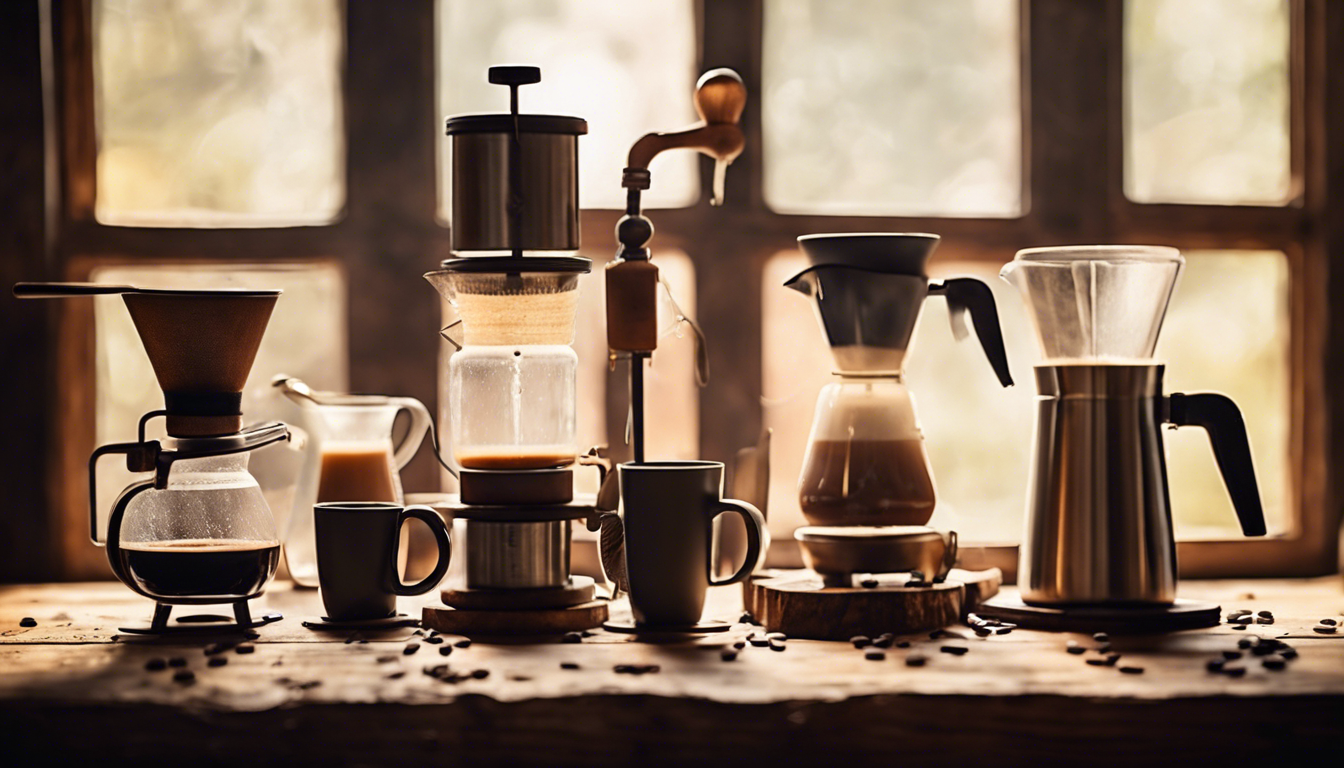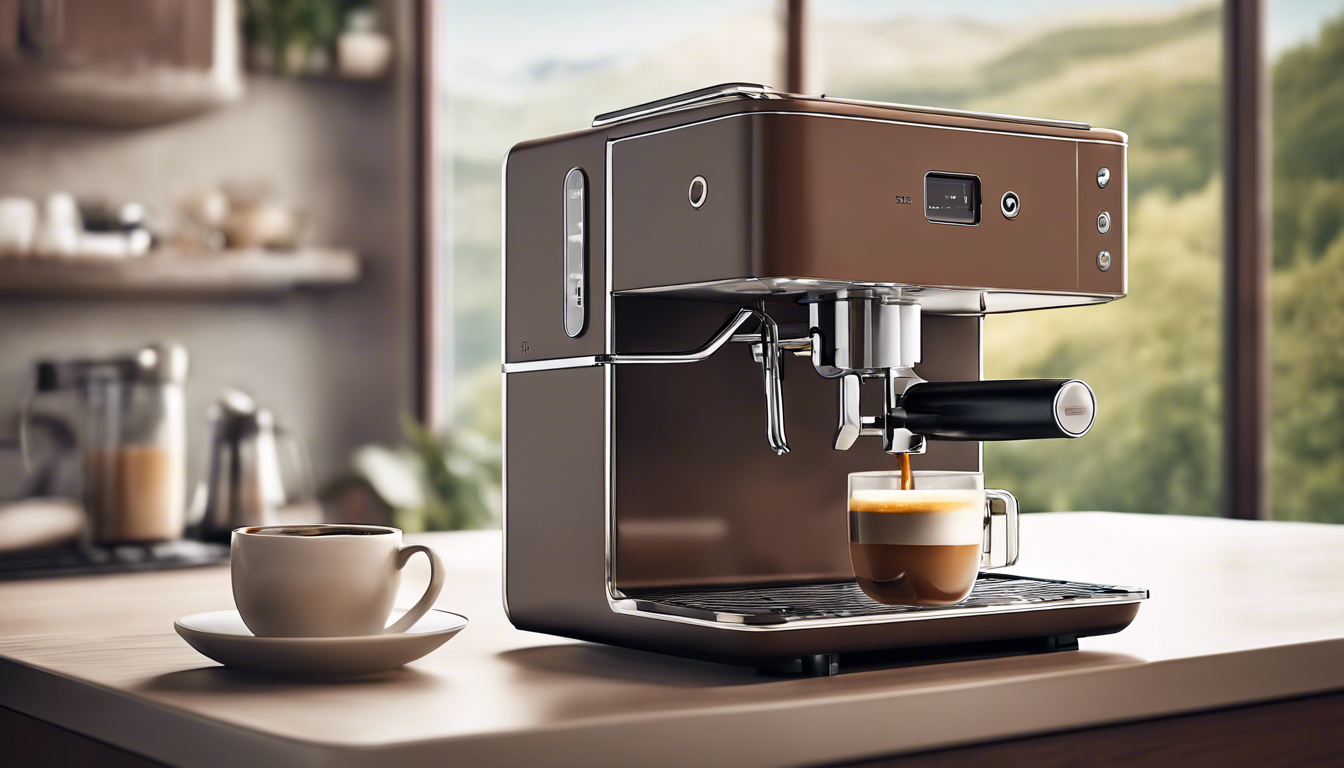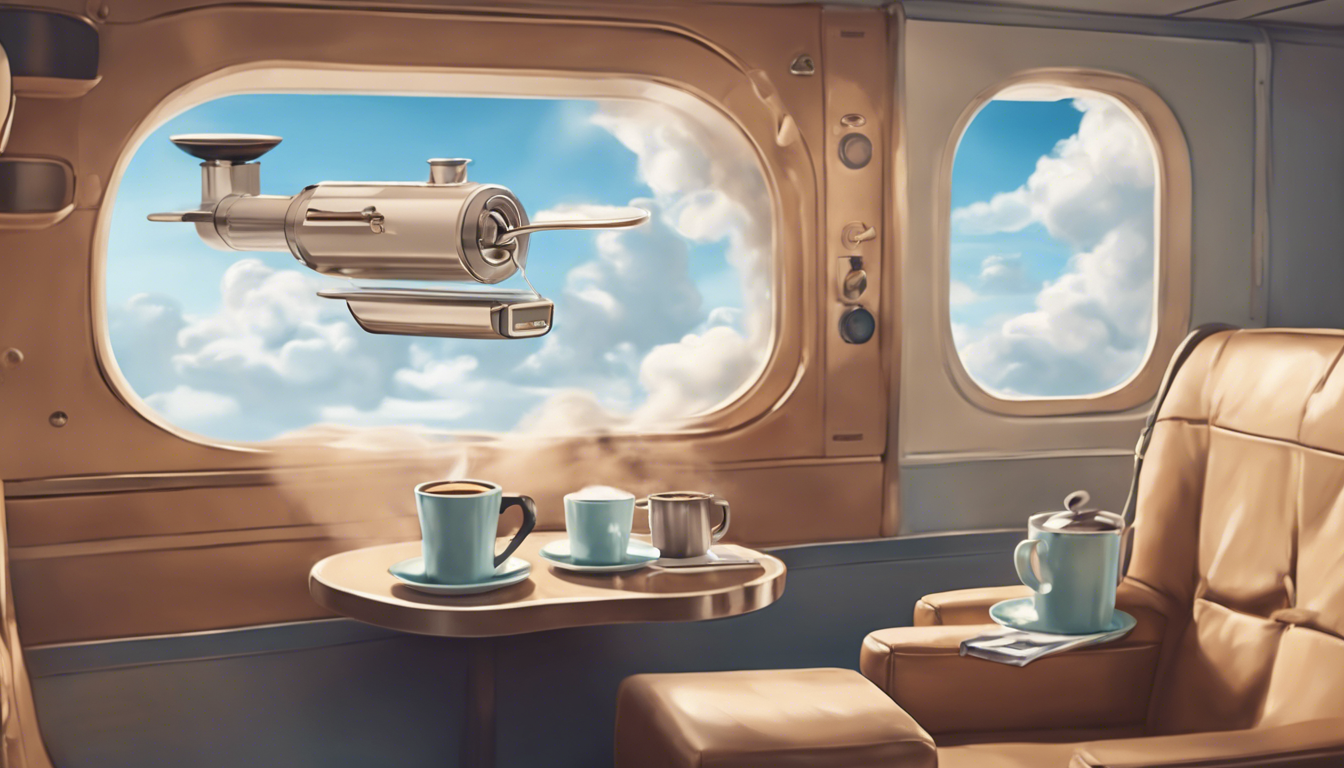If you've wandered into a coffee shop only to be puzzled by the difference between espresso and coffee, you're not alone. Many java enthusiasts find themselves in the same dilemma: what's the difference between espresso and coffee? Let's dive into the rich and aromatic world of these two popular brews to unravel their unique characteristics.
Brewing Process
The brewing process is where espresso and coffee begin to part ways. Espresso is made by forcing a small amount of nearly boiling water through finely-ground coffee beans at high pressure. This intense method results in a concentrated shot of coffee, known for its bold flavor and creamy layer of foam called crema.
Coffee, on the other hand, enjoys a leisurely approach. It's typically brewed by dripping hot water through coarsely ground coffee that's held in a filter. This process can take several minutes, allowing the water to extract flavors at a gentler pace, ultimately creating a more diluted and smooth beverage.
Bean and Grind Size
Another notable difference between espresso and coffee lies in the grind size of the beans. For espresso, a fine grind is essential. This texture helps provide the resistance necessary to extract a rich, full-bodied drink in just a short brewing time.
Coffee requires a coarser grind. If ground too fine, the water will pass through too slowly, leading to over-extraction and a bitter taste. The coarser grind works perfectly for the drip method, as it balances the slower brewing period.
Caffeine Content
Many assume espresso has more caffeine than coffee due to its robust taste. However, the answer might surprise you! While a single espresso shot contains less caffeine than a regular cup of coffee, espresso is more concentrated.
A standard shot of espresso (about 1 ounce) contains roughly 63 milligrams of caffeine, while an 8-ounce cup of coffee averages around 95 milligrams. So, if you're a caffeine warrior, size does matter!
Flavor Profile
When tasting an espresso, you're likely to experience a vibrant, intense flavor with rich, bittersweet notes. The crema adds an additional layer of complexity and texture, heightening the overall experience.
Coffee, with its lighter and more diluted essence, offers a wide range of flavors depending on the bean origin, roast style, and brewing method. It can be floral, fruity, nutty, or even chocolatey, making it a versatile joy for the palate.
The Culture of Enjoyment
Espresso and coffee each have unique cultural footprints. Espresso plays a starring role in Italian coffee culture, where it's enjoyed in tiny cups and often gulped quickly at a bustling café. Meanwhile, coffee often embraces a leisurely approach, perfect for a slow morning or a reflective afternoon.
From busy espresso bars to cozy coffee shops, both beverages offer a sense of community and connectivity among their fans worldwide.
Conclusion
In the end, the true answer to what's the difference between espresso and coffee lies in personal preference. Whether you're drawn to the intensity of an espresso shot or the mellow smoothness of a coffee cup, both distinctly offer a unique story brewed in every sip.
So next time you find yourself trying to decide between espresso and coffee, remember that no matter what choice you make, you're in good hands. Why not enjoy the journey and sip away?





